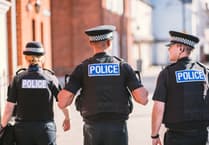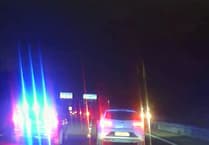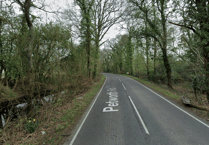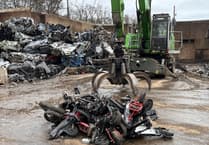People are urged to celebrate the New Year sensibly to minimise the impact on the ambulance service and wider NHS.
South East Coast Ambulance Service NHS Foundation Trust (SECAmb) is asking for the public’s help in managing demand and in ensuring it is as available as possible for unavoidable emergencies.
SECAmb, which is already facing increase pressure on its services this month, is expected to handle in the region of one thousand 999 calls in the seven hours from 8pm on New Year’s Eve.
The public is asked to minimise the additional pressure by only calling 999 in a genuine emergency and by making use of alternatives when it’s not serious, including visiting NHS 111 Online at 111.nhs.uk for help and advice.
When to call 999:
If you think a patient is suffering from one of the following you must dial 999 for an ambulance:
- heart attack (e.g. chest pain for more than 15 minutes) • sudden unexplained shortness of breath • heavy bleeding • unconsciousness (even if the patient has regained consciousness) • traumatic back/spinal/neck pain
You should also call for an ambulance if:
- you think the patient’s illness or injury is life-threatening • you think the illness or injury may become worse, or even life-threatening on the way to the hospital • the patient needs the skills or equipment of the ambulance service and its personnel
Anyone heading out or celebrating New Year’s Eve is urged to plan their evenings including how they are getting home, looking out for others, and, if drinking alcohol, remembering the impact drinking to excess can have on the ambulance service.
SECAmb executive director for operations, Emma Williams, said: “We know that over the festive and New Year period we face periods of high pressure on our service and New Year’s Eve can be one such period.
“Of course, we know that many people will be celebrating but we really need them to understanding the impact their decisions can have on an already busy ambulance service at this challenging time of year. We will be doing everything we can to provide the help people need while prioritising our most seriously ill and injured patients.
“I would like to thank all our staff and volunteers working over the New Year period. I know that they will be providing care with professionalism, skill and compassion, as they do each and every day.”




